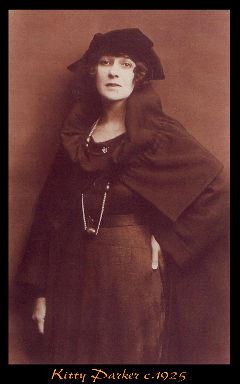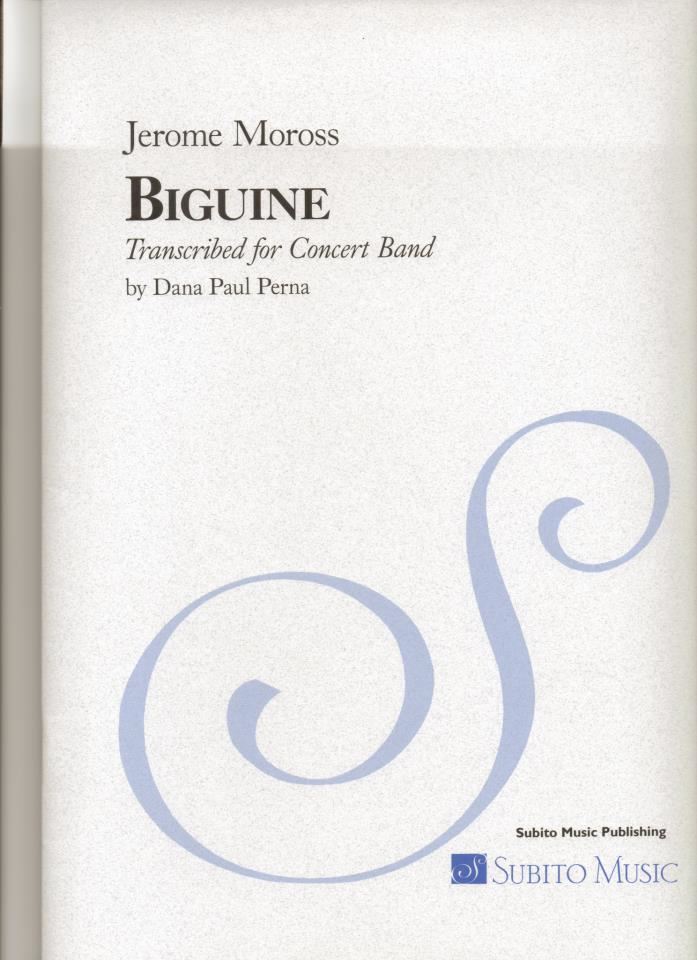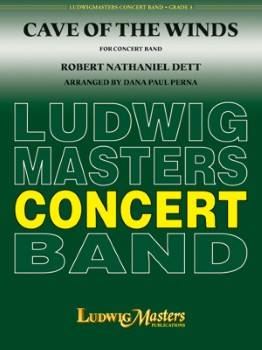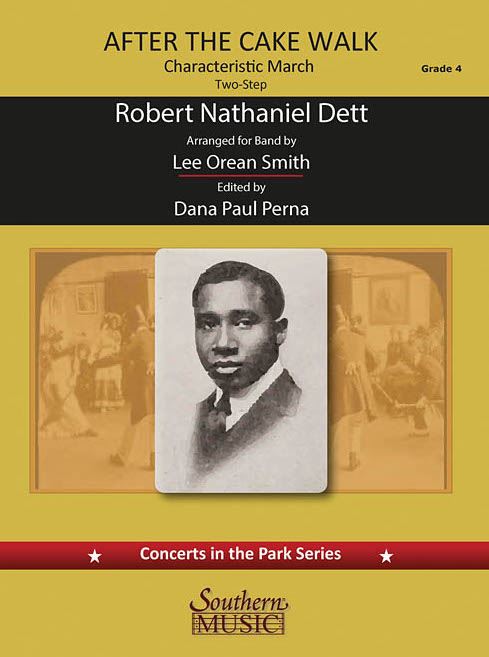by Dana Paul Perna. Percy Grainger’s music for band is renowned and highly heralded. Another article in regard to, or in support of that fact is completely unnecessary, unless it proved to be included as a prologue to a Doctoral Dissertation. It has become common for band directors to program a Grainger work surrounded by titles by other composers on the same concert. What may prove to be of interest to readers of this blog occurred to me following a lecture I had presented at Grainger’s home (May 6, 2018), namely that a theme for a concert can be built around Grainger and his Composer Colleagues. In terms of these “Composer Colleagues”, I am referring to those who mattered to him most, either as professionals, associates, and/or as friends. In support of that thought, here is just a small listing of titles and composers whose works can be culled from for such an endeavor towards a program that will consist of some real content, quality and imagination. The selections fall into three categories: 1) music Grainger transcribed/arranged for band as penned by his colleagues; 2) music by his immediate group of colleagues written directly by them for the medium; and 3) music by his immediate group of colleagues as scored on their behalf by others. Let us begin with a listing that is far from complete:
1) Music Grainger transcribed/arranged for band as penned by his colleagues. As part of “Chosen Gems for Band”, Grainger’s intention was to include music from all periods, Medieval right up to the 20th Century, in order that bands had a full range of repertory from which to perform from. In a few instances, some of his “composing colleagues” were included within that mix, all of whom having numbered among his friends, too. It is not a long list, but it includes these truly golden gems:
Tuscan Serenade by Gabriel Fauré (1845-1924) - for band with a Euphonium solo. Grainger played his own “English Dance” for the French Master while he was still living in London during Fauré’s visit there. From that point on, Grainger was always a devout champion of his music.
Intermezzo by Herman Sandby (1881-1965) - the Danish Master who was Grainger’s Frankfurt classmate, and the cellist for whom Percy dished-up his “Youthful Rapture,” as well as the suite “La Scandinavie” when they performed as a duo together.
Folk-Tune by Eugene Goossens (1893-1962), one of Grainger’s favorite conductors that he enjoyed the pleasure of having worked with as piano soloist, and/or composer during Goossens' tenure as music director of the Cincinnati Symphony Orchestra. (It is also known under its more complete title Sheep Shearing Song, an edition with that title being available by Southern Music, as edited by R. Mark Rogers.)
Down Longford Way by Katharine Parker (1886-1971). Among Grainger’s favorite pupils was this Tasmanian-born composer/pianist, whose nickname was “Kitty”. The “Longford” in its title relates to her Tasmanian birthplace. Parker was thrilled that Grainger transcribed this title from her piano suite “Four Musical Sketches“. Due in large measure to that transcription, it has since proven to have become her most performed title. (For those of you who know it, there is also a first-rate band version of this same opus by Leroy Osmon {via RBC Music Company}, that is not too dissimilar from Grainger’s own setting.)
While not for a large band’s instrumentation is Bruyères by Claude Debussy (1862-1918), to whom Grainger also performed-in-the-presence-of during Claude’s visit to London, this Prélude having been transcribed for a small ensemble of winds with harmonium during Grainger’s time in a branch of the United States Army Band.
2) Band music by his immediate group of colleagues written directly by them for the medium. Henry Cowell (1897-1965), who lived with The Grainger’s in their White Plains home for one year, composed several titles for band, many of which seem to have disappeared from catalogs. Noted Cowell scholar, Grainger enthusiast, and Director of Instrumental Music Activities at Carthage College, Dr. James Ripley has prepared scorings, setting some of Cowell’s exceptional piano pieces (e.g. Cowell’s complete Four Irish Myths) for band, as well as more recently having completed a new edition of Celtic Set, the work that Grainger helped to shepherd on Henry’s behalf.
Among Grainger’s students, in this case from his days teaching at Interlochen, is the late Walter S. Hartley (1927-2016) who composed directly for band, creating a supreme catalog of his own for the medium. Among that output includes a set of transcriptions Hartley prepared that he titled - in appropriately Graingerian-style - A Tit-Bit Suite, which is comprised of two of Percy’s posthumously published piano originals Harlem Walkabout, and A Bridal Lullaby, as well as ELLA Grainger’s The Bigelow March. I believe that this set is still awaiting its world premiere. For interested parties, their performing materials are available through Bardic Edition.
Two colleagues of Percy’s that require mentioning were Morton Gould (1913-1996) and Ralph Vaughan Williams (1872-1958), the latter having been among those colleagues with whom Grainger enjoyed one of his longest friendships. Apart from that, any additional comment as to the value of the music these two great Masters created directly for the band medium becomes extraneous.
John Philip Sousa (1854-1932) prepared his own first-rate settings of Grainger’s Country Gardens and Handel in the Strand, respectively. While they may be quite different than Percy’s, they remain no less imaginatively prepared by “The March King”, capable of standing in contrast to Percy’s concept of these genuine warhorses on their own merits.
3) Music as scored on their behalf by others.
On the other side of the coin is a title by one of Percy’s teachers that has become available in rolls royce fashion as expertly arranged by R. Mark Rogers in a manner that I doubt even its composer could have scored much better, namely Turandot by Ferruccio Busoni (1866-1924; as published by Southern Music: https://www.youtube.com/watch?v=s1zwQcPn9-Q )
A composer who greatly admired Grainger, and with whom Grainger met on one occasion, was Benjamin Britten (1913-1976), the composer/conductor/pianist whose championship of Grainger helped lead to a renaissance of interest in Percy’s music. Of Britten’s important works, a transcription of his ‘Four Sea Interludes’ from the Opera “Peter Grimes” - yes, you are reading that correctly! - now exists due to its masterful setting by Musician 1st Class David J. Miller of the United States Navy Band  (where he is also a member of its trombone section) that remains completely faithful to one of Britten’s best known, and most celebrated compositions.
(where he is also a member of its trombone section) that remains completely faithful to one of Britten’s best known, and most celebrated compositions.
On a more personal note, I have prepared versions of works by composers who knew Grainger, one, in particular whose music Percy actively championed. Of the one who “knew him” (and visa versa) was Jerome Moross (1913-1983) who, despite having had a successful career writing for the theatre, television, radio and motion pictures did not compose directly for the band medium. Selecting his orchestral work Biguine - or, as Jerry put it to me, “Oh, you mean my little Latin number!” - I dished-up a scoring of it for band, which is available through Subito Music. His reflections about Grainger were most insightful, having left a most positive impression on him that I was honored he shared with me. 
Of the composer Percy championed remains Robert Nathaniel Dett (1882-1943), of whom I have prepared band versions of his two earliest, yet most engaging among his titles, specifically Cave of the Winds (published by LudwigMusic Masters Publications) as well as the recently released After the Cake Walk, editing and expanding the materials from its original 1901 scoring by Lee Orean Smith into - and for use within - our present time (published by Southern Music Publications under their “Concerts in the Park Series”: https://www.youtube.com/watch?v=RsjMk_WOt9Y )  While these two titles are indicative of the music the young Dett and others would have heard at the turn-of-the-20th-Century, these foot-stompers possess some of the catchiest and most engaging melodies he was ever to compose that are certain to make an audience smile from ear to ear.
While these two titles are indicative of the music the young Dett and others would have heard at the turn-of-the-20th-Century, these foot-stompers possess some of the catchiest and most engaging melodies he was ever to compose that are certain to make an audience smile from ear to ear.